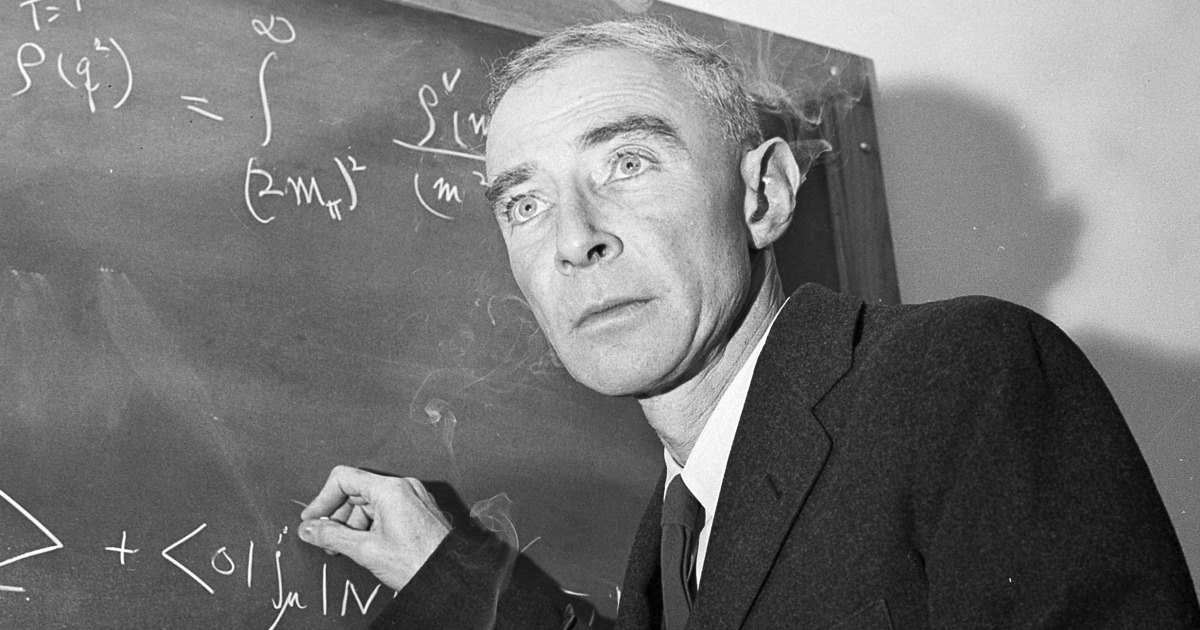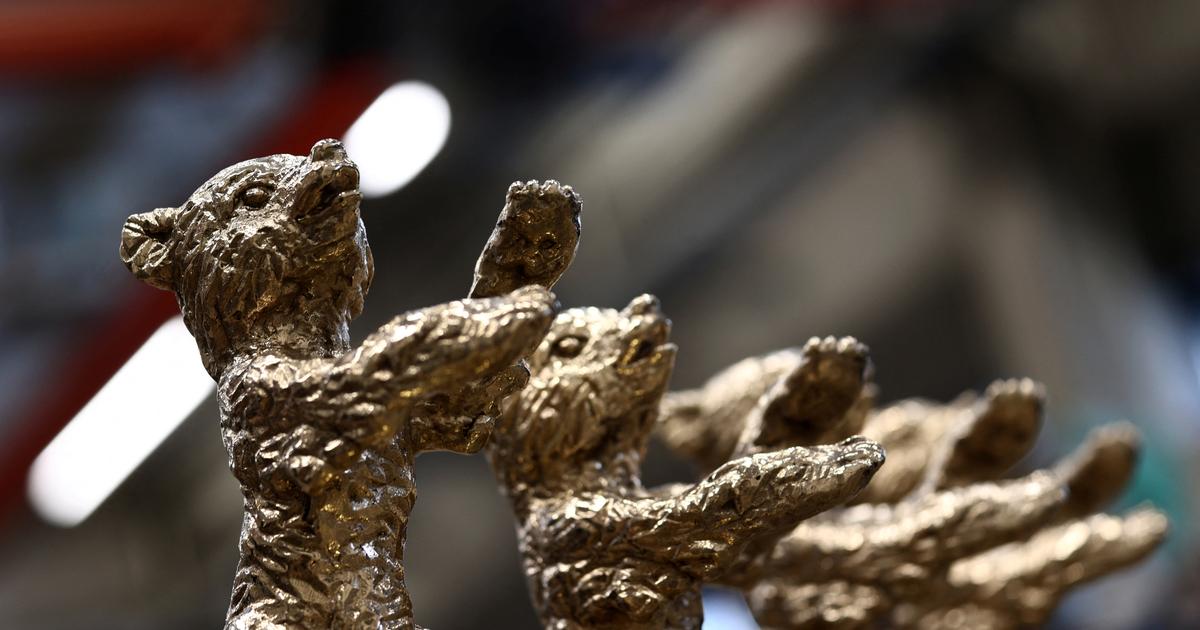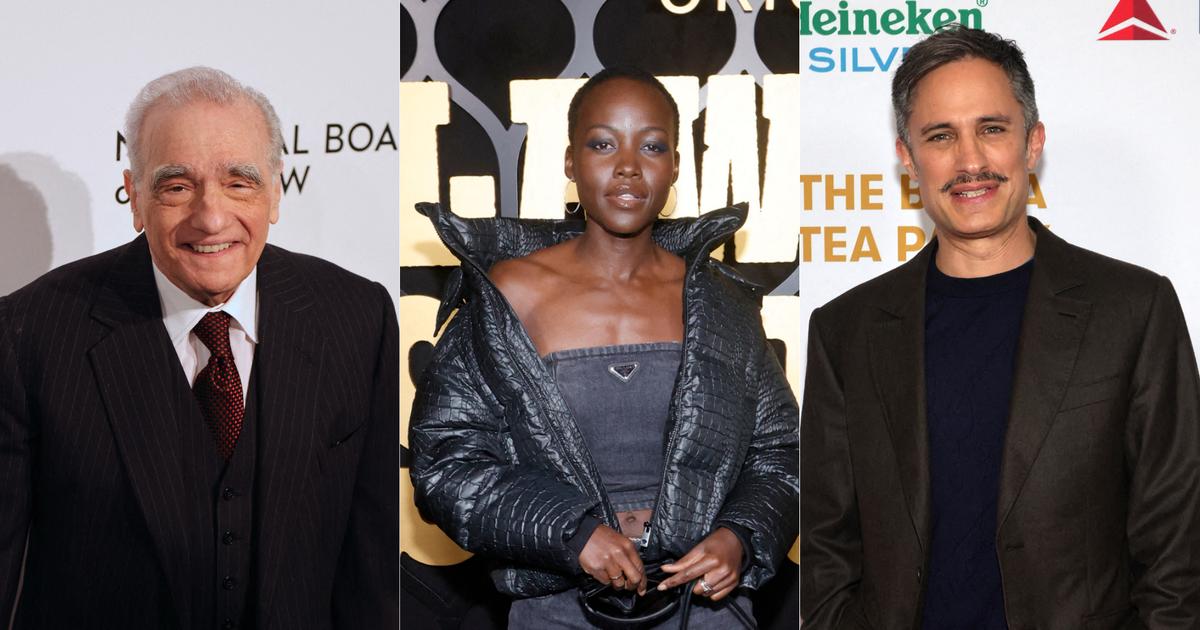Icon: enlarge
Viola Davis and Chadwick Boseman (back) in "Ma Rainey's Black Bottom"
Photo: David Lee / AP
The beginnings of blues music were purely for men, one might believe: Big Bill Broonzy, Robert Johnson, Son House or Leadbelly are considered the founding fathers of black worry music, even the names of influential singers such as Ethel Waters and Bessie Smith are reserved for connoisseurs.
It was Gertrude "Ma" Rainey, born in Georgia in 1882 or 1886, who popularized the blues in the minstrel and vaudeville shows in the southern United States at the beginning of the 20th century and showed Smith everything you need for a successful career needed.
Rainey, openly bisexual, was an impressive personality, not a beauty, but a powerful voice that let her extensive rear end swing on stage for "black bottom" dance - the archetype of lewd "twerking," black rappers like Cardi B and Megan Showcase Thee Stallion today as a physical empowerment gesture.
"Ma Rainey's Black Bottom" - in German: Ma Rainey and her black bottom - is now the name of a very well-produced Netflix film based on the play of the same name by August Wilson.
It is the second of a total of ten dramas that Wilson published under the name Pittsburgh Cycle from the early 1980s on various aspects of black reality, one for each decade of the 20th century.
"Ma Rainey" is set in Chicago in the late 1920s when the singer arrives for a recording session.
She is at the height of her success, a celebrated star of the "race music" of the southern states, which is also popular with whites, whose diva-like airs are endured by her white manager Irvin and the also white music producer Sturdyvant with eager servility.
At least until the blues mother has sung her songs and everything has been pressed onto the record.
After that, Ma Rainey knows that, she is no longer worth anything in the eyes of whites, just a black whore who doesn't have to be listened to or obeyed: "They don't care nothing about me," she says bitterly and contemptuously to her band leader, "all they want is my voice".
All the more vehemently she insists on her rights and her dignity, even if it is only about getting a cold Coke from the bosses.
Even in the film version by director George C. Wolfe and Ruben Santiago-Hudson (screenplay), Wilson's play is not a musician biopic, but a chamber play that deals with the exploitation of Afro-American culture and the self-assertion struggles of its protagonists.
Ma Rainey gives the piece its name and is impersonated by Viola Davis under terrific make-up, but the real main character of the film is the young trumpeter Levee Green, who does not want to be satisfied with his subordinate place in Rainey's leisurely band.
He dreams of his own combo and the then emerging swing - and writes songs that he eagerly offers to Sturdyvant.
His colleagues mock him for this as Uncle Tom, but Levee tells them a harrowing story from his childhood, which should raise him above the suspicion of submitting himself to the whites.
The cheeky, jittery hipster considers himself invincible, both as a musician and as a subject in the racial conflict of US society.
But when in his Sturm und Drang he finally pried open a resistant metal door in the rehearsal room, a somewhat too bold metaphor in the film, everything but freedom waits behind it.
This ultimately tragic figure is the last role of Chadwick Boseman, the "Black Panther" star of the Marvel cinema universe, who died in August at the age of 43 of a long-secretly fought cancer.
Posthumously, Boseman became an icon of black culture, and when you see him act in Ma Rainey's Black Bottom, with a glowing, hungry look and glowing charisma, it becomes painfully clear once again what a brilliant actor is far too early for cinema got lost.
But of course the knowledge of Boseman's tragic death also acts as an emotional amplifier for his performance.
In a scene that would otherwise be considered too theatrical for a film, he angrily conjures an indifferent god to protect him from evil and fate: "You dare turn your back on me, you motherfucker!" he rages feverishly towards heaven, which here is the low ceiling of a shabby basement room in which the black musicians have to rehearse.
The cinema industry is already whispering that this performance will guarantee him a posthumous Oscar nomination.
On the one hand this is deserved, on the other hand it is as mournful on several levels as the blues, which haunts the film as a basic motif (and in the soundtrack of Branford Marsalis): Boseman himself cannot reap the fruits of his talent any more than his broken film hero.
And Viola Davis, who won her first Oscar in another adaptation of a Wilson play ("Fences", 2017), has to fight for recognition of her performance just as Ma Rainey once did by shifting the limelight to Boseman.
Her story is not sufficiently appreciated here anyway - the eternal, melancholy story of her life, which she sang about in her blues tunes.
The musician, overtaken by the jazz zeitgeist, died of a heart attack in 1939 at the age of 53.
The New York Times only printed its obituary last year - in a series of articles entitled "Overlooked" about influential LGBTQ personalities who had been "overlooked" at the time of their death.
Icon: The mirror









